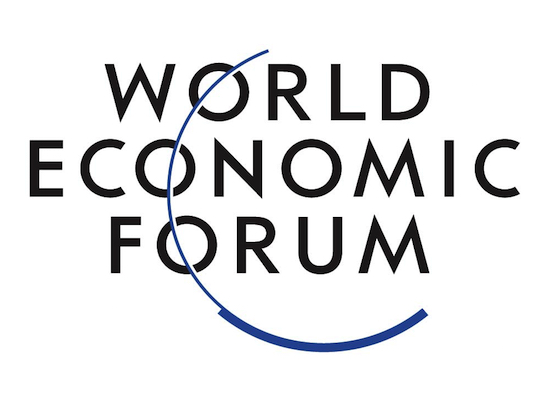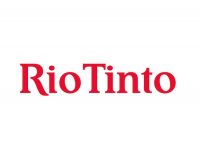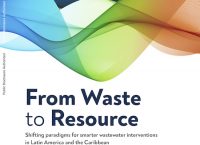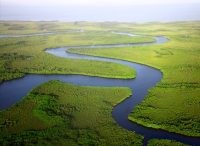Primary Functions
- Explore the applications of Fourth Industrial Revolution solutions for the water sector, with aims of accelerating adoption, rapid expansion of competitive choices, new investment into innovation and potential leapfrogging to solve 21st-century water challenges.
Detailed Description
The majority of the world’s current environmental problems can be traced back to industrialization. Issues such as climate change, unsafe levels of air pollution, depletion of fishing stocks, toxins in rivers and soils, overflowing levels of waste on land and in oceans, and loss of biodiversity and deforestation are negative consequences of industrialization.
As the Fourth Industrial Revolution gathers pace, innovations are becoming faster, more efficient and more widely accessible than before. Technology is becoming increasingly connected, and we are now seeing a convergence of the digital, physical and biological realms. Emerging technologies, including the Internet of Things (IoT), virtual reality (VR) and artificial intelligence (AI) are enabling societal shifts by seismically impacting economies, values, identities and possibilities for future generations.
We have a unique opportunity to harness this Fourth Industrial Revolution – and the societal shifts it triggers – to help address environmental issues and transform how we manage our shared global environment. The Fourth Industrial Revolution could, however, also exacerbate existing threats to environmental security or create entirely new risks that will need to be considered and managed.
Harnessing these opportunities and proactively managing these risks will require a transformation of the “enabling environment”, namely the governance frameworks and policy protocols, investment and financing models, the prevailing incentives for technology development, and the nature of societal engagement. This transformation will not happen automatically. It will require proactive collaboration among policy-makers, scientists, civil society, technology champions and investors.
This “Fourth Industrial Revolution for the Earth” series is designed to illustrate the potential of Fourth Industrial Revolution innovations and their application to the world’s most pressing environmental challenges. It offers insights into the emerging opportunities and risks, highlighting the roles various actors could play to ensure these technologies are harnessed and scaled effectively. It is not intended to be conclusive, but rather to stimulate a discussion among diverse stakeholders to provide a foundation for further collaborative work. This paper looks at the Fourth Industrial Revolution and water.







